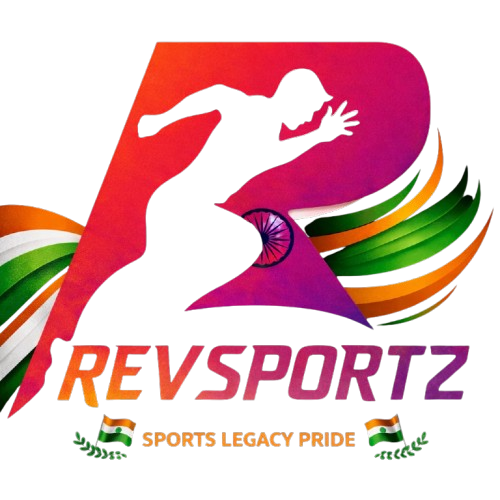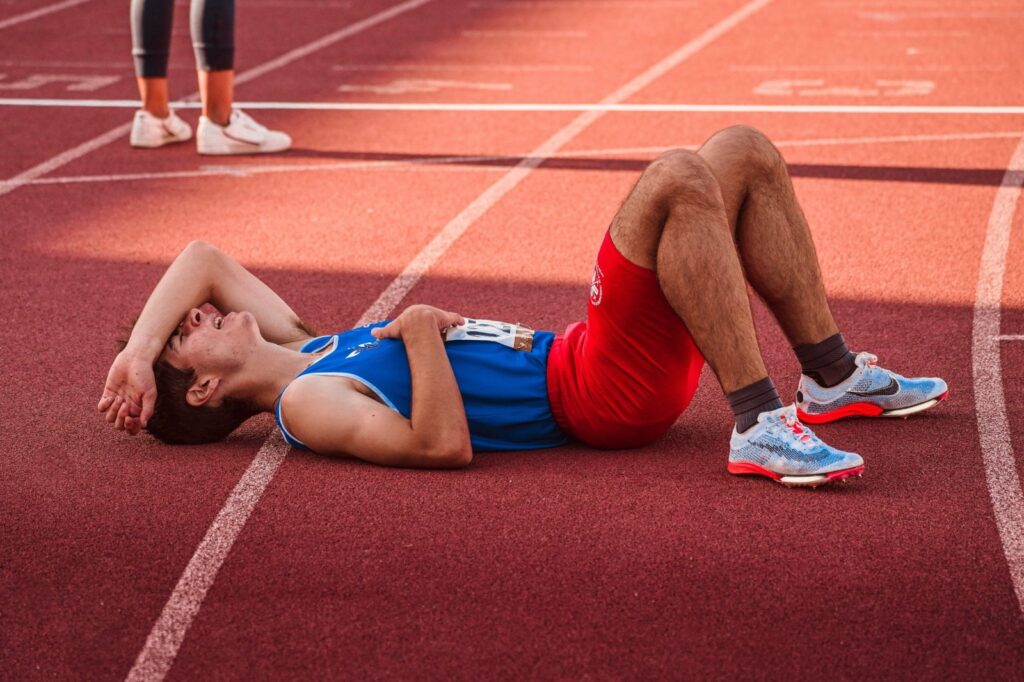Beyond the boundary or field of play, for the sports fans, winning looks so easy. When a favourite athlete or team does well, there is cheering, clapping and appreciation. In an age where social media has become so intrusive, expressing thoughts is like the two-minute Maggi noodles.
It takes less than a minute to post on multiple social media platforms, without even a thought. Yet, how many really think of what an athlete undergoes while competing?
Professional sport is cold and ruthless. At the Asian Games in Hangzhou, the pressure of delivering medals for the nation is equally high. Do it for the country, do it for the flag, these are themes which are belted out. Is this creating hype or pressure?
It’s a mixture, actually.
A few things need to be well defined, there is a difference between being a winner and a champion. The winner may or may not succeed on a given day, yet it is taken for granted the champion will win medals or matches, come what may. This is certainly creating pressure, putting more load. For the athlete, dealing with this comes under the ambit of mental toughness, mental strength and killer instinct.
Yet, in the last few years, there is one more aspect which has come to notice and people are willing to talk about it. It’s called mental health. The bookish definition of mental health may seem like jargon to an ordinary fan. Today, so much importance is being attached to mental health, that even the International Olympic Committee (IOC) accords it a top priority.
From an Indian perspective, one man who has spoken on this subject and reached out to athletes directly is Beijing Olympics gold medalist Abhinav Bindra. Bindra is well known for his contribution to the Olympic Movement and also for looking after this crucial aspect of mental health.
Sample this, when the wrestling controversy broke out, the grapplers were in tears, Vinesh Phogat and Sakshi Malik. Fans need not become a cop or lawyer to judge whether they (wrestlers) spoke the truth or former wrestling federation boss Brij Bhushan Sharan Singh is guilty. Viewed dispassionately, the wrestlers crying, weeping and screaming were scary. It was hurting them, it was troubling them.
The courts of law are following due process. It will take time. Vinesh is injured and has undergone a knee injury which will throw her out of competition for a long time. She has to deal with rest and rehab and hope for a comeback. This is one part of it. How or who is going to deal with the mental scars of the wrestling controversy for her? It is easy to say the controversy is forgotten. That would be very insensitive. Unless you are in that position of dealing with hurt, you cannot relate to Vinesh or Sakshi. This is just one example, of the wrestling controversy.
Mental health, mental well-being and being in a good space are very important. Today’s athletes are ready to speak about it, and open up. They are in turmoil, they are sharing emotions and pain. If they flop, it’s easy to tear them apart. The media may be doing its job as a critic but social media can be more kind.
Rewind to the years behind, 2020, when the COVID-19 pandemic struck, several athletes, male and female were dealing with trauma. It did not matter whether you had COVID or not, there was a fear psychosis. Athletes were worried, that the Bio Bubble, pioneered by cricket first, was an experiment. Athletes were in isolation, fans were removed, stadia were empty. But the bigger fear was an unknown and not just the Covid virus. It is well known how American gymnast Simona Biles was a nervous wreck in the Tokyo Olympics. She had gone through turmoil at the hands of American coach Larry Nasser. Coming to terms with it was not easy. Yet, in Tokyo, she did not leave without a medal. Today, Simona is more happy in life, post-marriage.
Frankly speaking, the Covid virus is no longer a pandemic. It is endemic. It means it will be around like malaria or dengue and you just have to live with it. One saw at the last Commonwealth Games how athletes’ fears receded. Birmingham could let the athletes breathe freely and compete. The fear of the virus had receded. Yet, to say that mentally they all were in good space would be wrong.
The very subject of mental health is dense. See how tennis star Naomi Osaka, now a Mom, took a break. She was scared of the media and did not want to address the press. It was a mental health issue. Many stood up for her. As she plans a return in 2024, there will be concerns about how she deals with it “mentally.”
That’s the word, dealing with the mind, head and heart. At the Asian Games in Hangzhou, soul-stirring stories of wins have been captured. Not many would know an indigenous Chinese sport, an adaptation of chess is being played as well. No spectators and players have to concentrate fiercely. Is this lesson in concentration or mental toughness, one does not know?
Have there been any mental health issues with any athlete at the Asian Games, only time will tell. This is not like going to a lab and taking a prick to get blood tests done. There will be issues with certain athletes, even if they are winning. How does one forget, that Bjorn Borg packed up at 26, decades back.
The good part is, that in China, athletes have competed in a good atmosphere. Today, like a coach, doctors, physio and so on, mind trainers, mental toughness gurus and even mental health experts are there with athletes. Obviously, they are not winning the medals or seen on the podium.
Got the drift?





